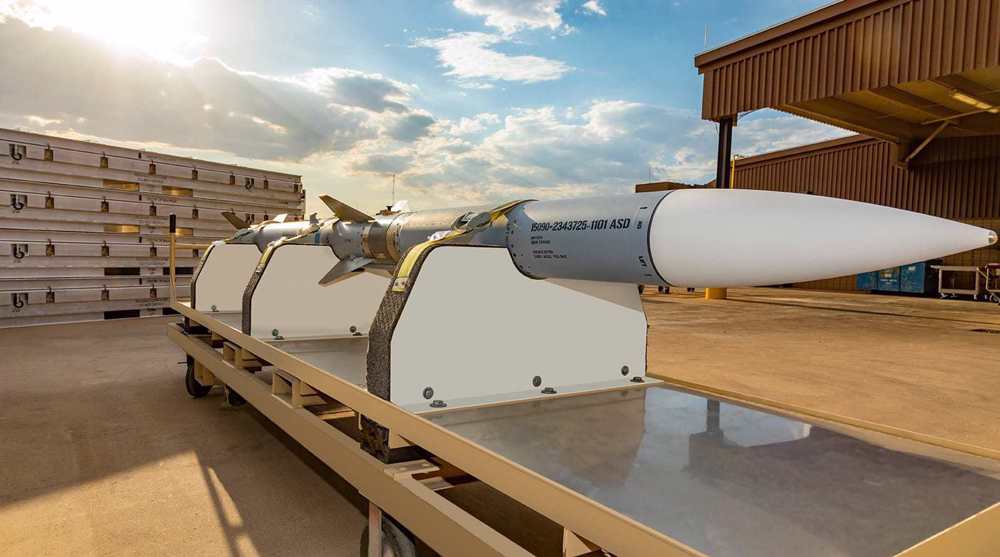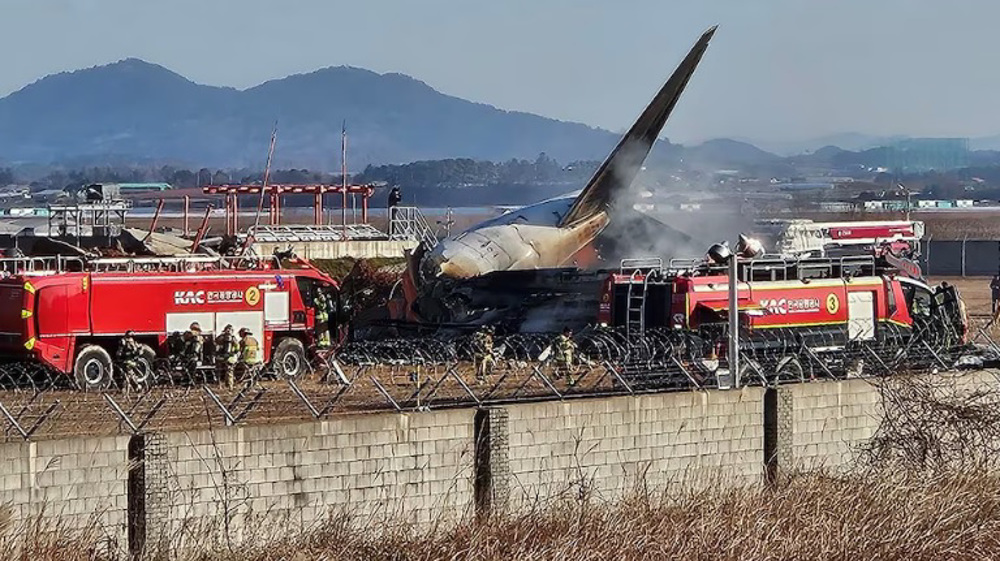UN rights chief warns of 'human tragedy of terrible proportions' in Bangladesh
The United Nations’ top human rights official has called on the Bangladeshi authorities to allow the disembarking of two stranded boatloads of starving Rohingya Muslim refugees who have fled Myanmar by boats.
In a letter to the Bangladesh government on Monday, UN High Commissioner for Human Rights Michelle Bachelet warned of a "human tragedy of terrible proportions" unless action is taken to help the Rohingya.
"In a spirit of solidarity and at the beginning of the Holy Month of Ramadan, I appeal to you in the strongest terms to open your ports and allow the boats to land," she wrote, at a time of a novel coronavirus that has taken many lives since late December.
"The reportedly more than 500 men, women and children aboard these boats have been at sea for an extended period of time, and we understand that they require urgent rescue, food, medical care and other necessary humanitarian assistance."
Bachelet said "dangerous interception practices and collective expulsions, including pushing back boats that are trying to land, must be scrupulously avoided."
Bangladeshi Foreign Minister A.K. Abdul Momen said the country would not accept the boats. He said on Thursday that the navy and coast guard had been ordered "not to let these boats enter Bangladesh."
Amnesty International says it believes there could be "at least three boats in the high seas" stranded for several weeks "without food and water, at high risk of death."
Earlier this month, a Malaysian surveillance aircraft reportedly prevented a boat transporting hundreds of Rohingya refugees from entering Malaysian waters, forcing the boat back into waters off southern Thailand.
The Malaysian air force said it feared that the group of refugees might bring the coronavirus into the country.
On April 15, the Bangladesh coast guard said a boat with nearly 400 starving Rohingya arrived on the southern coast of Bangladesh after drifting for weeks in the sea between Thailand and Malaysia. Survivors said at least 60 people died on the boat.
Refugee advocates say several boats carrying Rohingya Muslims are stranded in the Bay of Bengal and Andaman Sea.
Pressure is also on Myanmar to improve its treatment of the Rohingya after a bloody military crackdown in 2017 sent around 750,000 civilians fleeing into Bangladesh and prompted ‘genocide’ charges at the UN's top court.
The country must report back to the International Court of Justice next month on the efforts it was taking to protect the minority.
Hundreds of Rohingya have been arrested and charged with immigration offences in recent years after trying to flee Rakhine state and seek refuge in other countries.
But the Rohingya garner little sympathy within Myanmar, where they are widely viewed as illegal immigrants even though many trace their roots in the country's past generations.
Yemen crashes missiles, drones into American, Israeli targets
Iran’s former pres.’s martyrdom date registered in natl. calendar
Israeli prosecutor admits still can’t find October 7 'rape' victims
Qassam Brigades warns Israel will pay ‘in blood’ for its aggression
Yemeni security forces dismantle Saudi, British espionage network
VIDEO | Press TV's news headlines
Canada's PM Trudeau resigns, suspends parliament till March
France's former president Sarkozy on trial over 'Libyan case'












 This makes it easy to access the Press TV website
This makes it easy to access the Press TV website